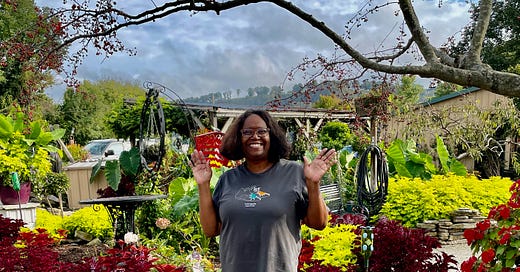With less than six months into retirement, you may not deem me qualified to answer this question. However, before retiring, I spent nearly a decade studying retirees like Neil deGrasse Tyson, who studies planetary science, or Steve Irwin, who researched crocodiles.
In July 2014, I started my dream job. The plan was to cruise into retirement exactly 9.3 years later to receive full social security benefits and begin my life after work. While the bubble burst and the dream job ended after four years, talking to retirees became a fascinating obsession.
My research involved conversations with retired relatives, former colleagues, and managers from several years to decades older than me. From Southern California overlooking the Pacific to Central Florida, and even Lahaina, Maui I gathered insights on retirement. I’ll share three themes today.
The way people end their careers shaped their retirement experience: Employees who were forced out of their jobs through termination, lay-offs, or job elimination tended to prioritize family, volunteering, and leisure activities. They didn’t appear any less happy than retirees who worked part-time. Employees transitioning from disability to retirement were more likely to continue working in some capacity. It seems those who felt in control of their career endings had a different outlook on working in retirement.
Financial planning is a common topic of discussion: Whether they hired a financial advisor, or consulted with a tax professional or banker, everyone talked to someone about money. Men appeared more confident about their savings lasting throughout their lives, even if they had less money than women. Women tended to worry more about retirement finances. With the married couples I had casual conversations with, the husbands seemed to initiate the, “let’s enjoy ourselves while we can…” conversations.
Retirement is no longer just about ending work, many retirees find ways to earn: A few days ago, I commented on social media that the concept of retirement evolving. One poster strongly argued, “If you work, you are not retired.” While technically true, retiring in the 21st Century brings more opportunities for remote or passive income outside traditional employment. Retirees are now venturing into real estate investing, monetizing YouTube channels, selling products online, and providing travel services. I know ‘retired’ educators who are tutoring, writing books, or working as independent evaluators (of standardized tests). They consider these new ventures as distinct from their previous roles in the classroom.
Retirement is a beginning and an end. People are living longer and may enjoy fifteen to thirty years of life after work. These years are a blank canvas allowing you to create your masterpiece. What are you doing after work? Let me know in the comments.
“Often when you think you’re at the end of something, you’re at the beginning of something else.” –Fred Rogers.





Thank you so much for reading, liking and commenting here. I’m excited to begin offering AWA writing groups and I’m excited about doing “retirement” my way!
I’m right there with you, Linda, being retired a short time and establishing a flexible routine. Thank you for commenting!